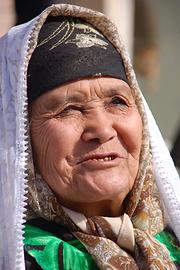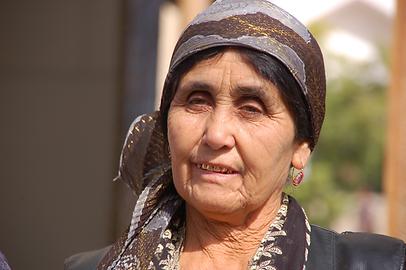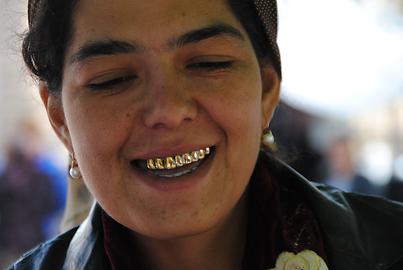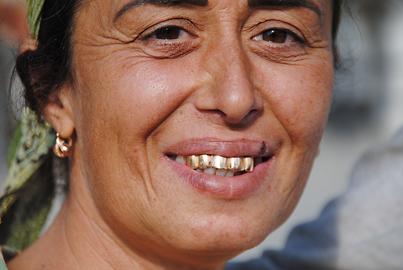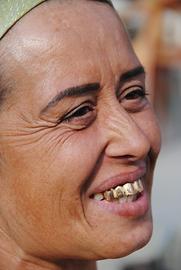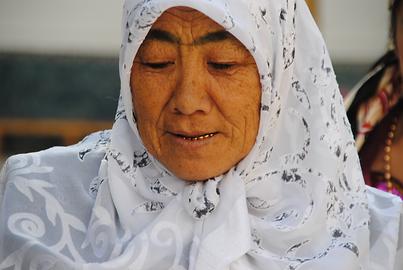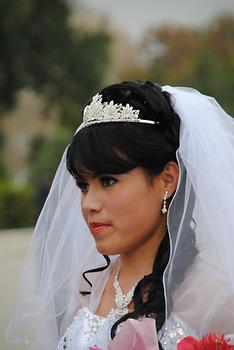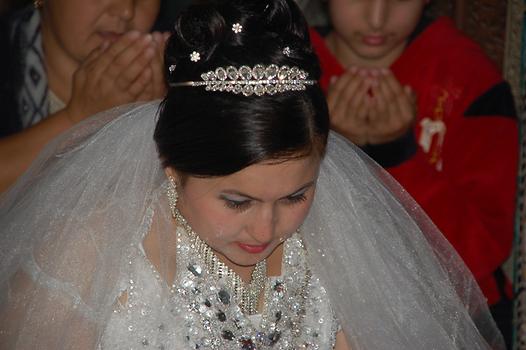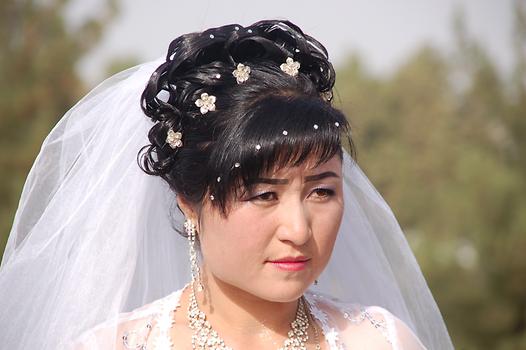Faces of people in Uzbekistan#
byAll Pictures are from the archive of the author "Jontes Pictureflood".
Usbekistan Taschkent, Usbekistan was forced under communistic rule in 1924. It was able to become independent of the Soviet Union in 1991 and has since then been the independent Republic of Uzbekistan. Since that time much progress has been made, politically and culturally, with the possible side effect of Islam getting a bit more influential again. This central Asian landlocked country has an important stretch of the historical silkroad, with cities whoose names are associated with beautiful archtitecture and stories, such as Samarkand Samarkand, Usbekistan , Buchara or Taschkent Taschkent, Usbekistan . In the middle ages it was one of the centers for famous mathematicians, astronomers and medical doctors.
The area of the country is 448.978 km², in which 31,5 Millionen people live. The average density is 67 per km² and hence e.g. significantly below the population density of Austria. However, large areas are desert or steppes. Much of the economy is based on growing cotton.
The country has some 100 different ethnic groups , of which 71% can be called "true Uzbeks". The official language is Uzbek, but in some region also Karakalpak is spoken, both languages members of the Eastern Turk language family. Even the Persian language (Iran) is still used, indeed this was the original language of education and culture. To the ethnic groups mentioned, also Tajiks, Uygurs, Turkemic and thousands of Wolga- Germans also belong, all of them deported in cruel fashion by Stalin in 1941.
89% of the population follows sunnitic Islam, at this point in time in a moderate and pragmatic version. Everyone can visit mosques, everyone is welcome. No burkhas are worn and if women use headscarfs they do it in a loose and decorative way. Men wear their traditional Tubetaikas (central Asian caps).
People are proud but friendly, and interested to learn more about strangers.
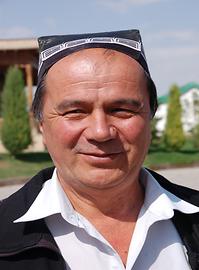

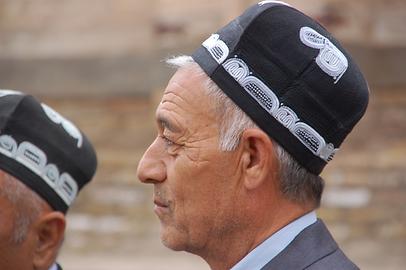
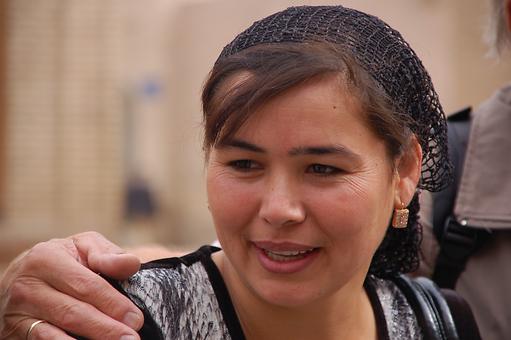
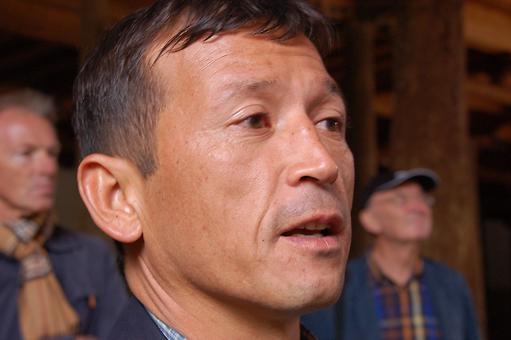
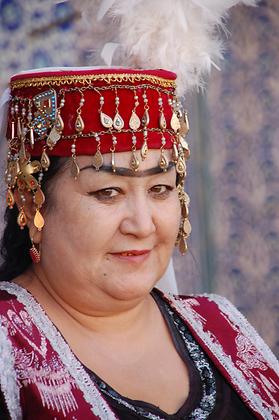
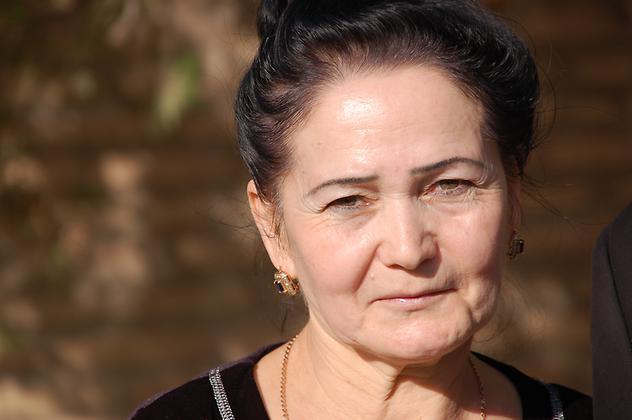
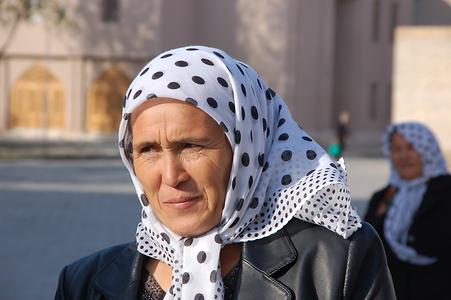
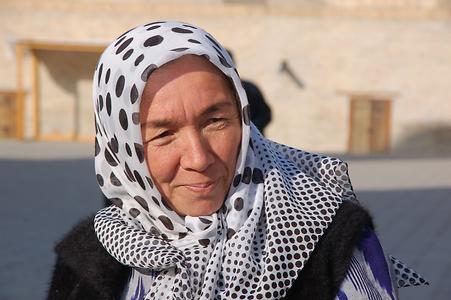
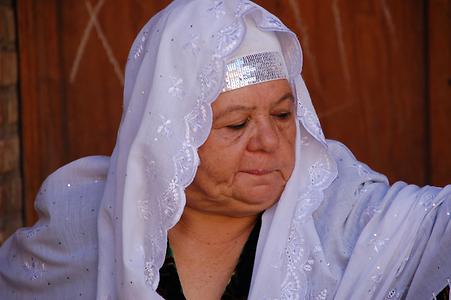
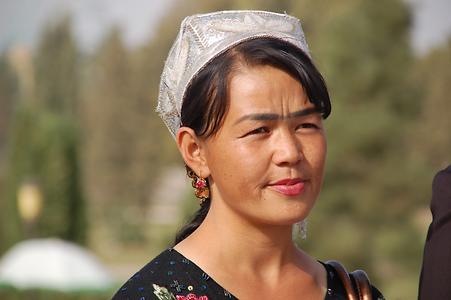
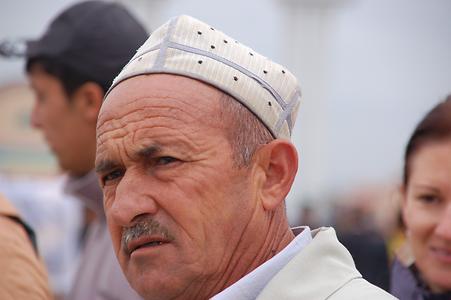
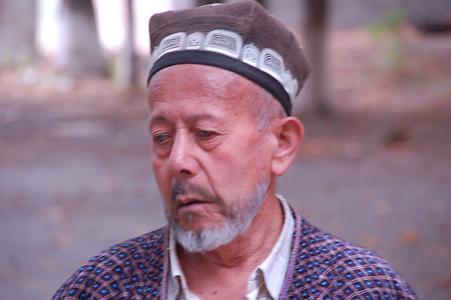
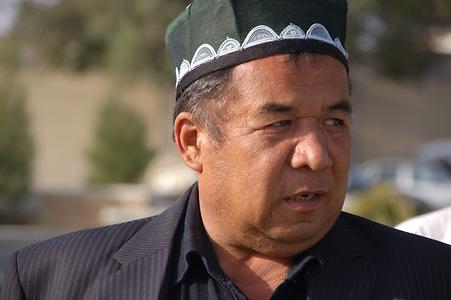
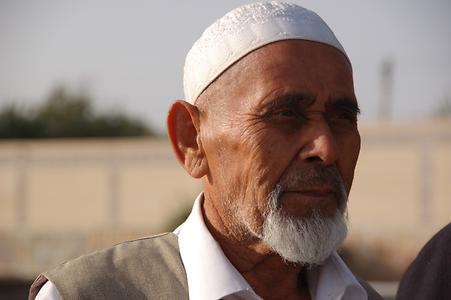

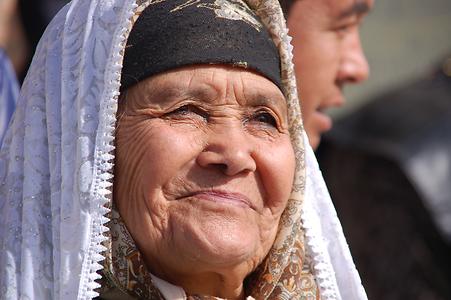
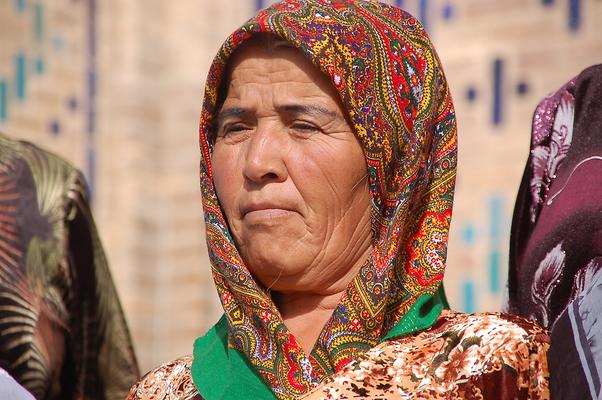
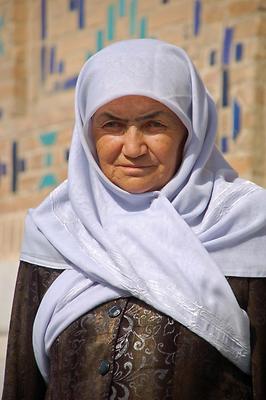
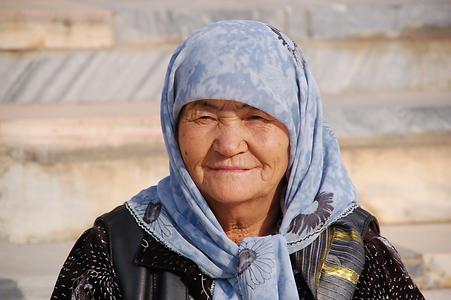
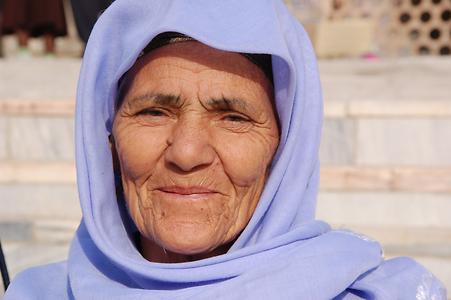
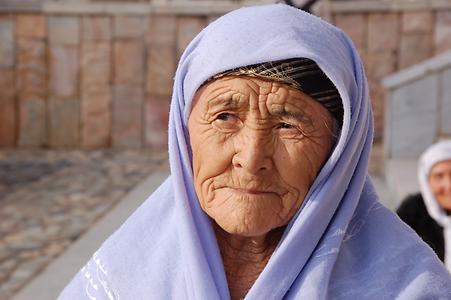
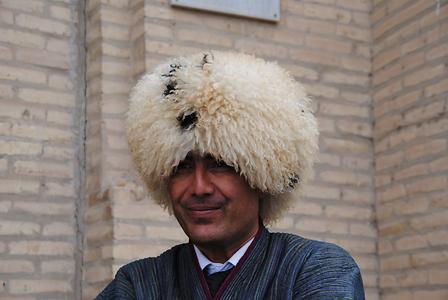
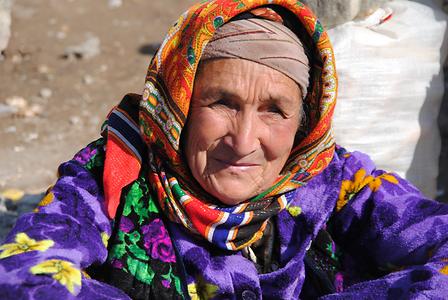
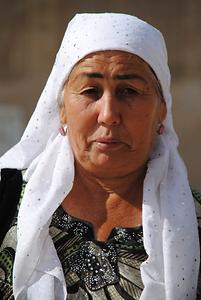
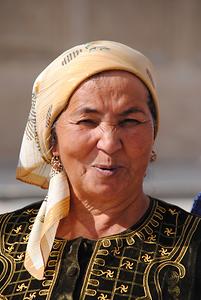
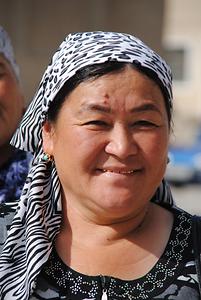
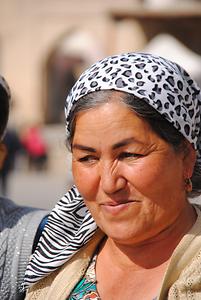
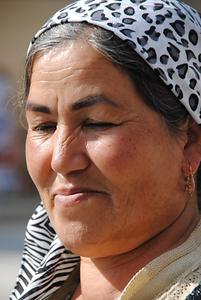

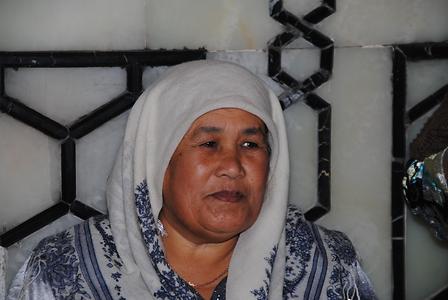
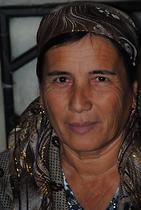
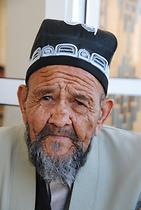
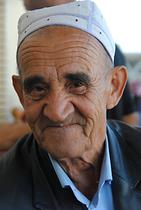
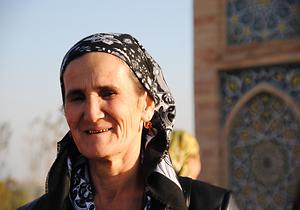
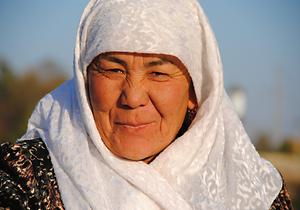
The number of persons in the country varies little. There is no immigration. Almost all Russinas have left the country when Uzbekistan became independent. The positive attitude of the population can also be seen by the many quite elaborte marriage ceremonies which one encounters: Good looking and well dressed brides look friendyl into the cameras of strangers.
The tradition to put a coating of gold on top of healthy teeth may seem strange to us. But we are in central Asia where gold is not just used for stadn alone ornamental purposes o rjewellry, but also as a way to makemany things, including teeth, look more beautiful. How proud people show their golden teeth, in contrast to what Europeans are used to today!